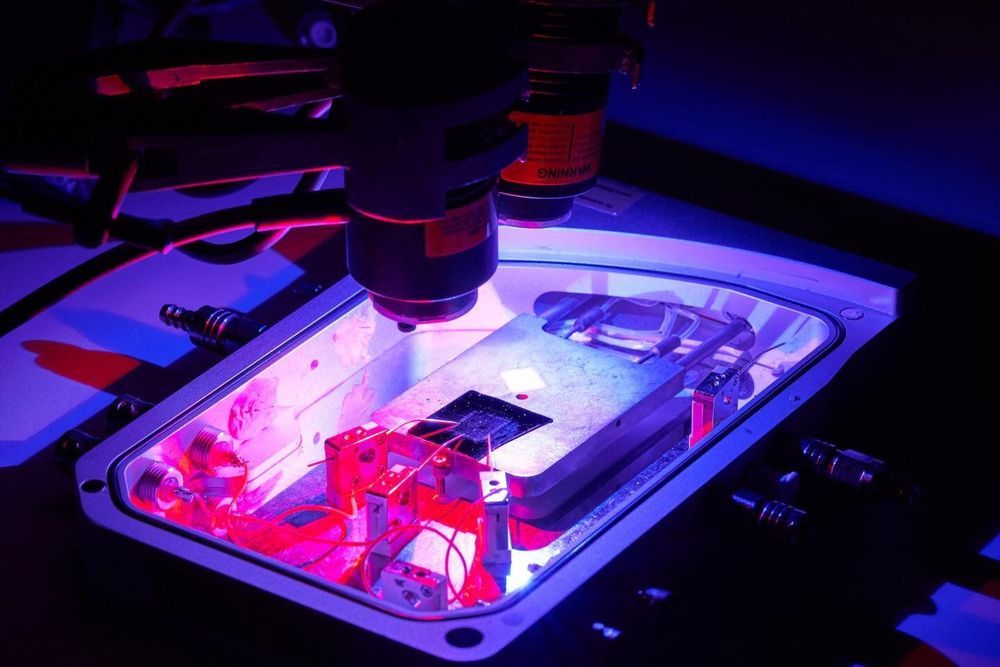Researchers from RMIT University have drawn inspiration from optogenetics, an emerging tool in biotechnology, to develop a device that replicates the way the brain stores and loses information. Optogenetics allows scientists to delve into the body’s electrical system with incredible precision, using light to manipulate neurons so that they can be turned on or off.
The new chip is based on an ultra-thin material that changes electrical resistance in response to different wavelengths of light, enabling it to mimic the way neurons work to store and delete information in the brain. Research team leader Dr. Sumeet Walia said the technology has applications in artificial intelligence (AI) technology that can harness the brain’s full sophisticated functionality.
“Our optogenetically-inspired chip imitates the fundamental biology of nature’s best computer—the human brain,” Walia said. “Being able to store, delete and process information is critical for computing, and the brain does this extremely efficiently. We’re able to simulate the brain’s neural approach simply by shining different colors onto our chip. This technology takes us further on the path towards fast, efficient and secure light-based computing. It also brings us an important step closer to the realization of a bionic brain—a brain-on-a-chip that can learn from its environment just like humans do.”










Comments are closed.